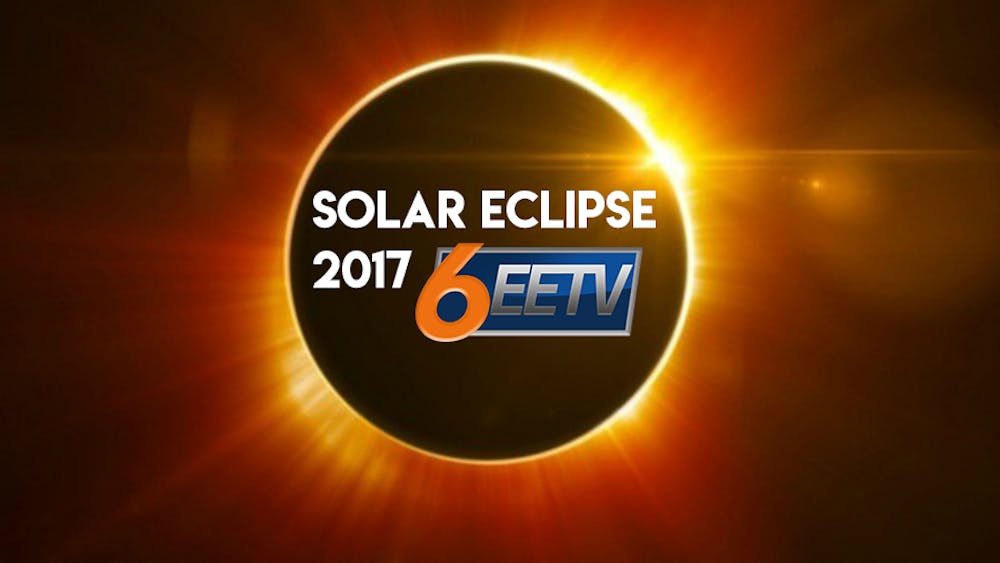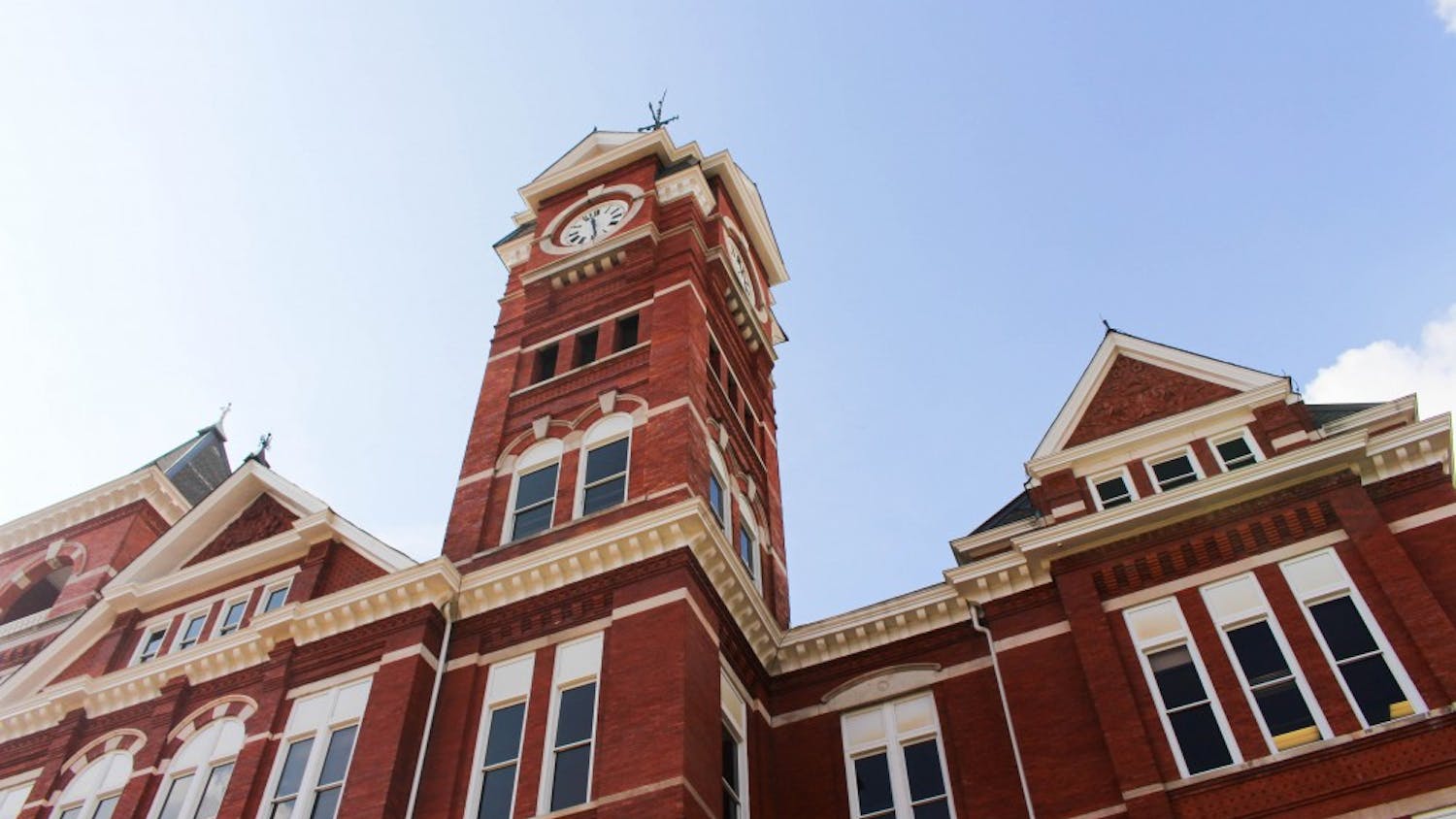Auburn, Ala. (EETV) - On Monday, Aug. 21, 2017, viewers in North America will experience an eclipse of the sun. Communities nationwide are holding events as a part of “Eclipse Across America 2017.” The Auburn area will be able to view 92 percent coverage.
Aug. 21 is also the first day of fall semester at Auburn University. The College of Sciences and Mathematics and the Jule Collins Smith Museum are partnering on the “2017 Eclipse Across America” event as part of Auburn University’s Welcome Week activities.
The central event on the Student Center Campus Green will have materials on hand to make pinhole cameras, as well as group viewing stations. Participants can also make art in response to the eclipse, including shadow drawings that observe the sun’s path, and sundials for recording the timing of the eclipse. A photo booth will be set up, and there will be giveaways, games, and prizes. The event is open to students, faculty and the community at this location and satellite locations on campus and in town. Limited visitor parking will be available on the fourth floor of the Stadium Parking Deck. The Auburn University event hashtag is #AUsolareclipse.
All locations will feature group viewing stations and physics experts who can answer scientific questions regarding the eclipse.
The event will begin at 10 a.m. on Monday, Aug. 21 on the Auburn University Student Center Campus Green.
In addition to the Student Center Campus Green, satellite locations for viewing the eclipse will be dispersed around campus and in the community at the following locations:
- Shelby Center for Engineering Technology Terrace (Auburn campus)
- Haley Center Concourse (Auburn campus)
- Samford Lawn (Auburn campus)
- Allison Lab green space (Auburn campus)
- Sciences Center Classrooms Building green space (Auburn campus)
- Town Creek Park (community location, 1150 S. Gay Street)
Students and faculty who are viewing the eclipse through approved solar filters as well as pinhole projection. They will engage in other art-based, eclipse-themed activities, too. The event will also present interview opportunities with Auburn physicists on the science behind the eclipse and taking proper safety precautions during the solar eclipse.
The last time the contiguous United States saw a total eclipse was in 1979, and the next instance will take place in 2024.







